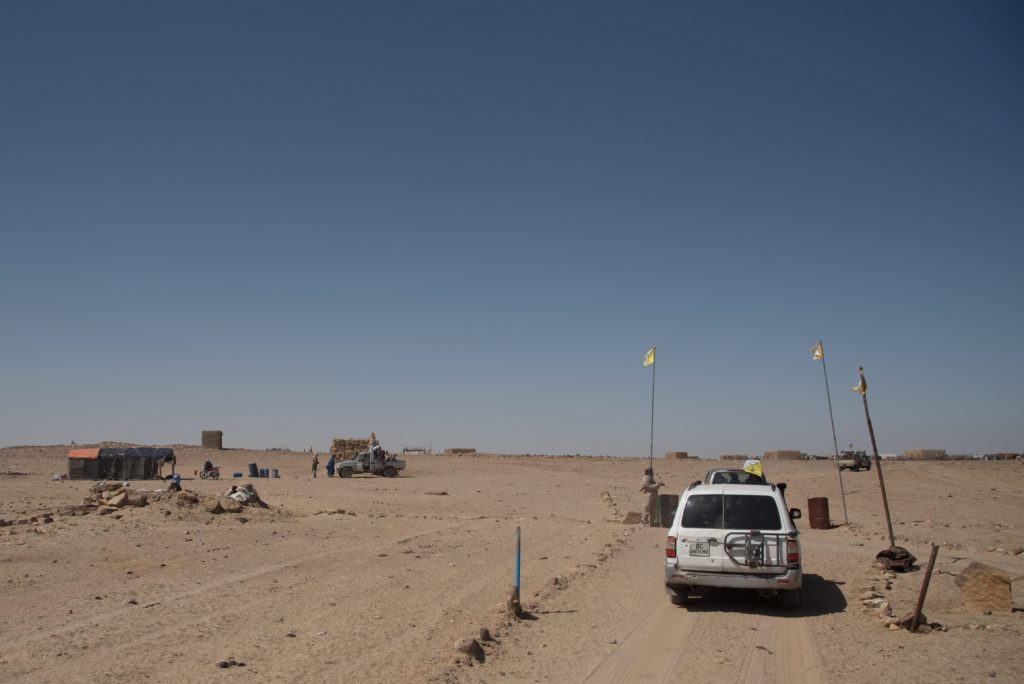Project
Public Communication and Civilian Crisis Prevention

In 2013, at the request of the Malian government, the EU decided to launch a training mission in Mali, in which Germany has since been involved (EUTM). The Bundeswehr has also been deployed since then as part of the UN mission MINUSMA. However, since that time tensions between the Western allies and the Malian military government, which came to power through a coup in 2021, have been increasing. After France, which was present in Mali along with other partner countries as part of its own military mission, decided to withdraw its troops, Germany’s involvement is also increasingly in question. Consequently, the EU and therefore Germany recently stopped any practical training of security forces on the ground within the framework of the EUTM.
The current mandates for participation oft the Bundeswehr within EUTM and MINUSMA are still valid until May 31, 2023, while the German contribution to the EUTM training activities has been stopped. The events in Afghanistan as well as the ongoing behavior of the Malian government, including its rapprochement with Russia, are further contrasting and counteracting the German contribution and that of its allies, thereby further strengthening the emerging doubts regarding the sustainability of the missions, both inside the government and among the public.
In its “Preventing Crises, Resolving Conflicts, Building Peace” guidelines, the Federal Government has committed to “expand its communication activities in order to explain its engagement to the public, to point out the opportunities and limitations of this engagement, and to actively reach out to the media in Germany and in the field”. Nonetheless, the theme of civilian crisis prevention still rarely features in public media. Public communication is still a strategic challenge for the Interministerial Steering Group for Civilian Crisis Prevention. Hence, the Advisory Board’s “Public Communication” working group is addressing the question of how the Federal Government’s civilian crisis prevention work can be communicated more effectively. What are the deficits, but also, where is the potential? Which additional communication tools and channels should be employed? Which examples of best practice by other actors can be drawn upon in order for the Federal Government to learn how to communicate better?
This working project of the Advisory Board intends to examine these questions on the basis of Germany’s engagement in Mali. To this end, the working group commissioned a media response analysis in which the German government’s communication measures regarding Germany’s engagement in Mali were placed in a context with the articles published on the subject in print media. The study surveyed articles published on this topic in German print media based on selected key events from 2013 to 2020.
The working group members developed the conceptual framework in a digital workshop discussion entitled “Kommunikation in der Krise: Deutschlands Engagement in Mali” [Communication in Crisis: Germany’s Engagement in Mali] with practitioners from the media and civilian crisis prevention. Furthermore, representatives of the working group regularly participate in the meetings of the interministerial working group “Communication”.
